GOOD - Biobased plastic

TePe Oral Health Care continues to take initiatives for long-term sustainable development. TePe has been making high-quality products for over 50 years and currently creates all products using renewable energy from hydro, solar, and wind resources. However, TePe is committed to making their business more sustainable, without compromising product safety, quality, or hygiene. This is why TePe has chosen to move away from fossil-based (crude oil or natural gas), which is a limited resource and not renewable. Made from renewable resources such as sugar cane and castor oil, the GOOD products recirculate the C02 emissions with as much as 95% depending on what resource that is used.
Why make products from sugar cane? Sugar cane can be made into a bio-based plastic or bioplastic, which is a renewable resource that can be used repeatedly and replaced naturally, unlike fossil-based, non-renewable sources. TePe chose to use sugar cane because it fulfills all of the critical characteristics defined by TePe, including its virtual neutral carbon footprint.

Why make products with bio-based plastic and not bamboo? Bio-based polyethylene (plastic) allows TePe to continue to manufacture ergonomic products that can be bent and adjusted to the user’s needs. Bio-based plastic has consistent material properties which is critical in order to comply with the ISO (International Organization for Standardization) )standardized quality tests over time. That is not the case with a natural material like bamboo which will have a variation in material properties in each piece of bamboo. Sugar cane regrows in one year, compared to bamboo which takes several years. This allows for the recycling of the Bio-based plastic fits well with the high-quality manufacturing procedures that TePe requires and has a high resistance to germination of bacteria.
Currently, no material is better than plastic in terms of hygiene, safety, durability, moldability, cost-effectiveness, and automated processing. Use of bio-based plastic allows TePe to produce the products in their Swedish manufacturing plant, where they have full control over the supply chain, use renewable energy and can ensure working conditions are fair and safe during the production of their product.
Also, there is low waste with sugar cane bio-plastic. Not only is ethanol extracted from the sugar cane, but also sugar that can be used for food production. The by-products are used in the fields as fertilizer, and what is left is used to create polyethylene.

Why not use recyclable plastic to create products? TePe believes in using plastic that is hygienic and food graded. Today, no food graded recycled plastic meets TePe’s requirements on low CO2 impact. Food graded plastic is essential to TePe because this ensures there are no hazardous chemicals in the product. TePe products are used in the mouth, and they want to ensure that they are safe for consumers. All TePe products are BPA free, and the TePe GOOD bio-based plastic is food graded.
Tepe is consistently reviewing its carbon footprint, materials, and methods of production. As you would expect from their Scandinavian heritage, they take their impact on the environment very seriously and only launch new products when they meet their stringent high-quality standards. Find out more about TePe and the GOOD initiative at tepeusa.com.


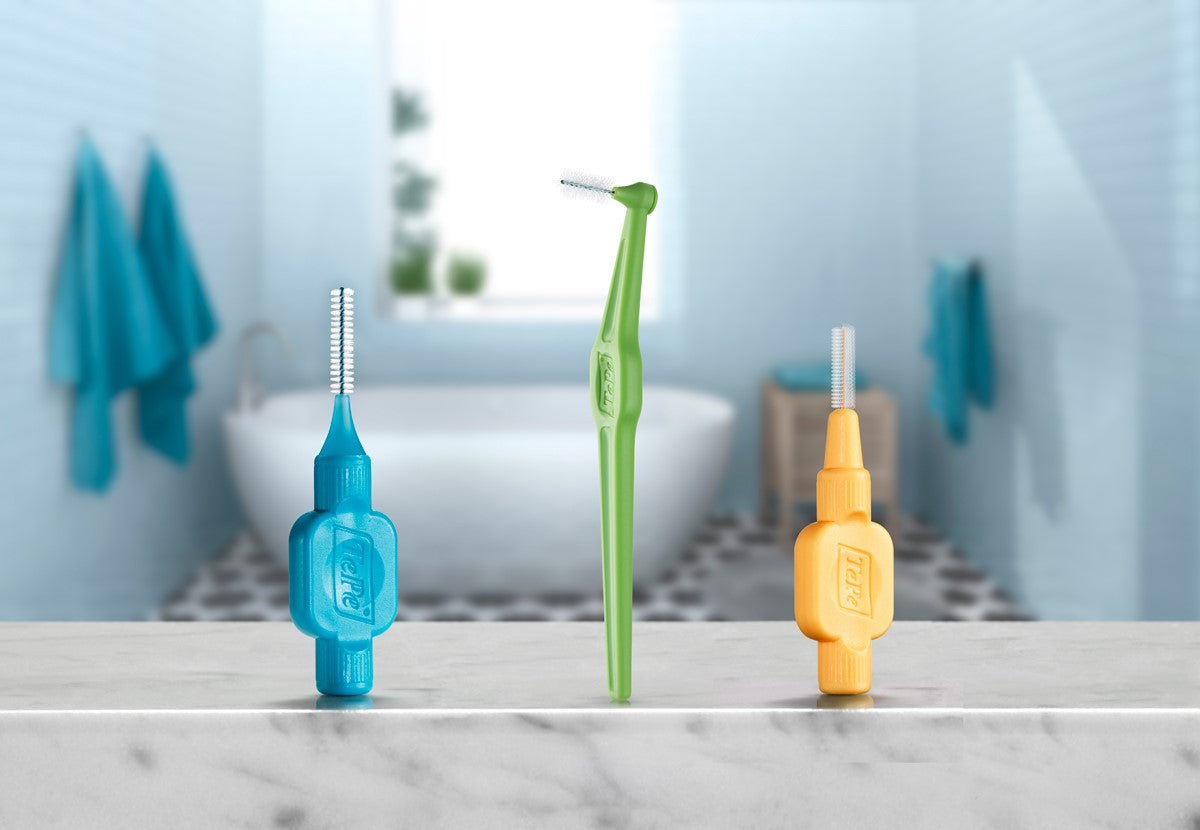
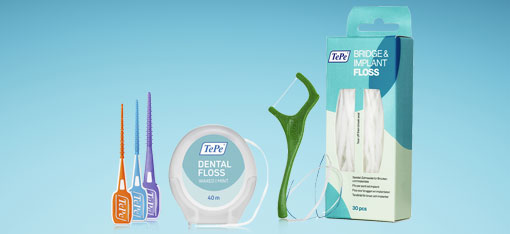
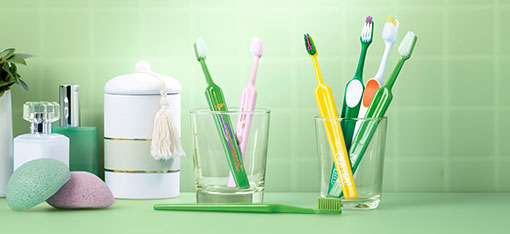
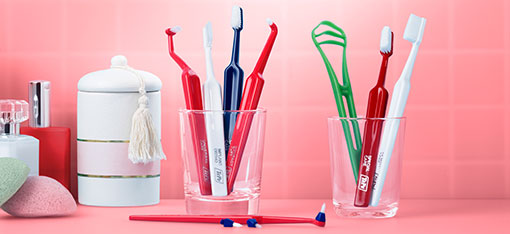
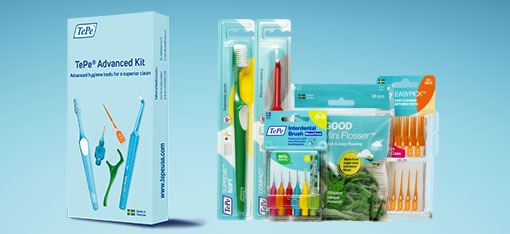




Leave a comment